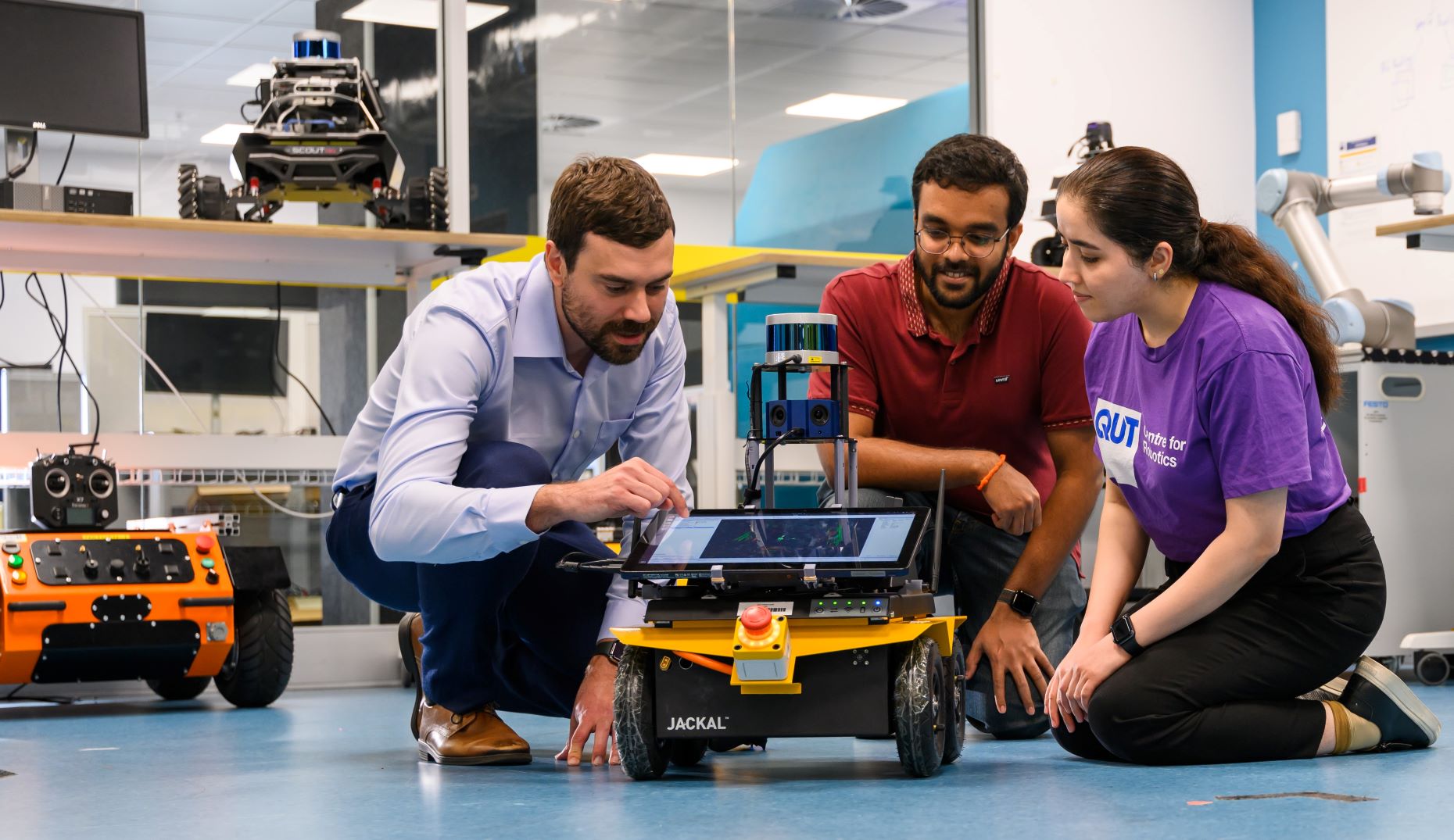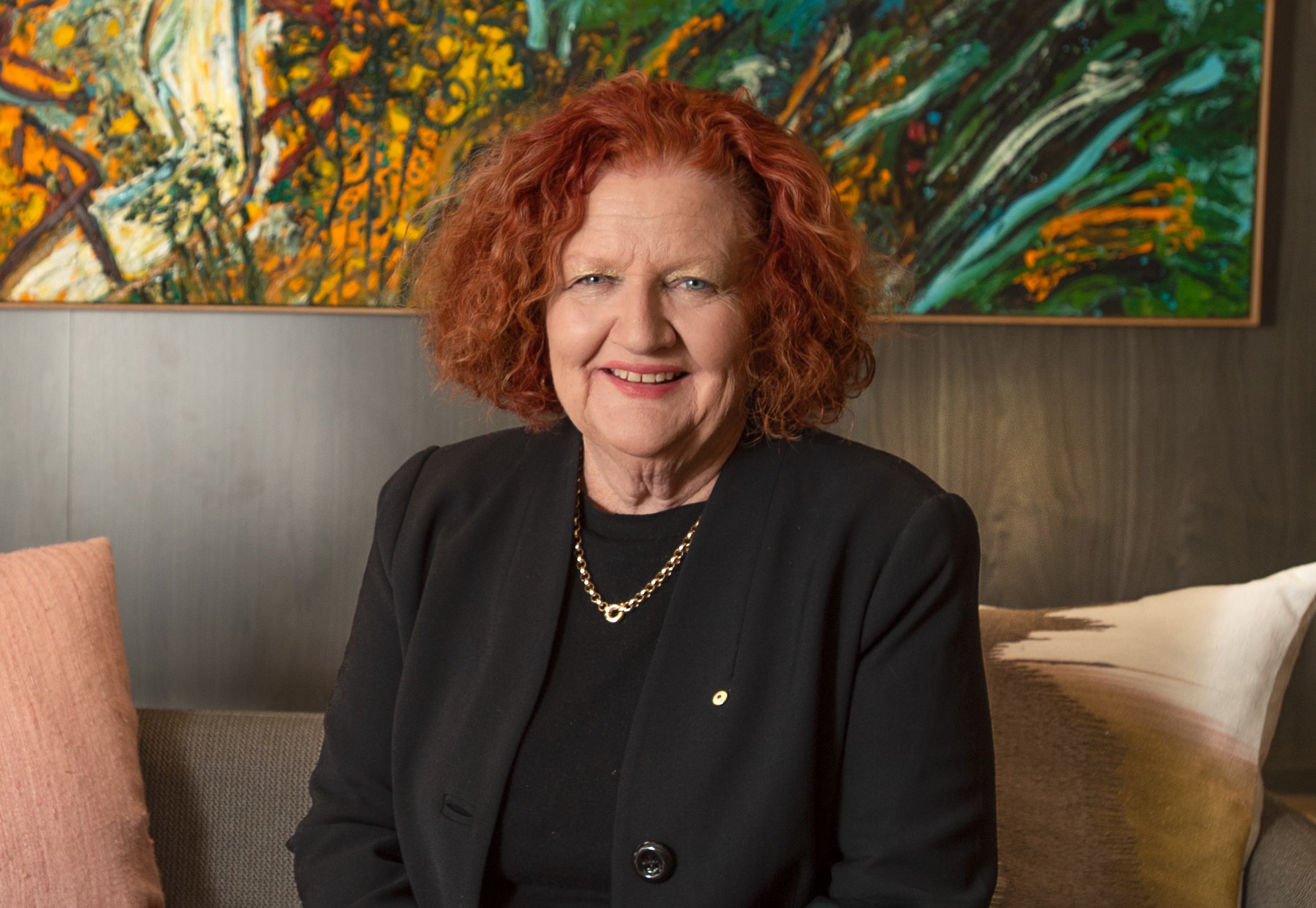By QUT Vice-Chancellor Professor Margaret Sheil AO
As our nation’s leaders shape Australia’s future, few challenges loom larger or evolve faster than artificial intelligence. AI-driven opportunity, underscored by careful consideration around governance and implementation, will be at the core of what should be seen as an exciting wave of optimisation across the career landscape.
Gone are the days when AI was effectively the domain of “IT”. Within the past decade, AI has rapidly transformed the way we work and live – not just through innovative service delivery and automation but everyday adoptions such as car navigation, virtual assistants and chatbots, streaming recommendations and facial/ fingerprint recognition.
We have seen dramatic developments across marketing and social media – with intricate demographic analysis enabling curated content and greater financial outcomes being some of the more positive aspects. Automation and robotics are also dramatically transforming existing and emerging industries such as mining and manufacturing, agriculture and renewable energy. Simulation capabilities, as just one example, are enabling safer work practices and greater efficiencies.
STEM skills and digital literacy are the platform for careers implementing robotics and automation (in vehicles, mining, manufacturing and production), computer vision, programming and software engineering.

As career paths evolve, current and future leaders must embrace opportunities to re-imagine and optimise (but not necessarily replace) more traditional areas of employment.
Health care is one of the most critical sectors that can be transformed and streamlined through AI. Across our vast and diverse country, AI is bridging geographical and cultural barriers plus boosting accessibility, collaboration and service delivery. AI has enabled tremendous advances in diagnostics, personalised treatment, imaging and surgery.
Current and historical data, powered by AI, are predicting outcomes and risk factors, while informing personalised treatment and remote monitoring. Add to that list reduced costs through streamlined efficiencies around data collection, resource sharing and administration – in turn freeing up resources for more complex, intuitive “human” demands.
However, AI opportunity also brings challenge around governance issues: security, privacy, ethics around data collection and sharing, IP and, importantly, cultural understanding.
Ensuring equitable access in AI implementation is also crucial, guided by a workforce both suitably skilled in, and fully aware of, the need to mitigate against potential bias and misrepresentation lurking in large data sets. Complexities and ethical issues around medical and technological needs also require consideration.
For the foreseeable future, AI only has the scope to complement, not conquer, essential human skills such as critical thinking and context, emotional intelligence, empathy, negotiation, leadership and understanding. Independent thought, problem-solving and analytical capability are therefore at the core of teachings at our universities.
At a higher education (and broader teaching) level, there are unique concerns and strategic navigation needed as we inevitably adopt generative AI capabilities. Content creation platforms such as Chat GPT and Bard, built on large-scale data collection and algorithms driven by patterns and language models, have reshaped learning landscapes. Conversely, AI boosts real-time student interaction, visualisation and communication tools, plus personalised teachings.
Queensland University of Technology focusses on delivering a workforce able to lead the ongoing technological revolution. At QUT, our key pillar of real-world learning – complemented by an intrinsic focus on entrepreneurship and digital transformation – enable us to guide students who are ready, willing and able to fully embrace and optimise AI’s endless capabilities.

Professor Margaret Sheil AO
Our next wave of leaders will embrace the fact that AI will be ever-increasingly part of the workforce and professional development. Another key bridge to cross, built on strong principles around governance and implementation, will be trust; an instinctive, genuine trust in AI capabilities, guided by an understanding of human-led safeguards that counter a natural fear factor.
AI adoption and its inevitable advances will need to be strategically driven and carefully monitored to ensure long-term societal benefit. AI can augment, enhance and re-imagine careers but the power behind the machines – literally – is in the creators of the technology, not the end users.
As the Vice-Chancellor of a technological university, I am delighted that QUT can play a key role in the emergence of Queensland – and Australia – as a global leader in areas of research vital to our future, utilisation of critical minerals and scarce water resources.
Our strengths in data science and digital communication, robotics, materials science, health care design and delivery, to name a few, underpin world-leading research, partnerships and collaborations.
The QUT student experience embeds a growth mindset and has incorporated work-integrated learning from its inception– further building blocks for shaping confident AI-literate leaders. As the university for the real world, it is firmly in our mission to produce students primed to capitalise on the next era of digital transformation.
Main image: Surasak Suwanmake/Getty Images for Getty Images






